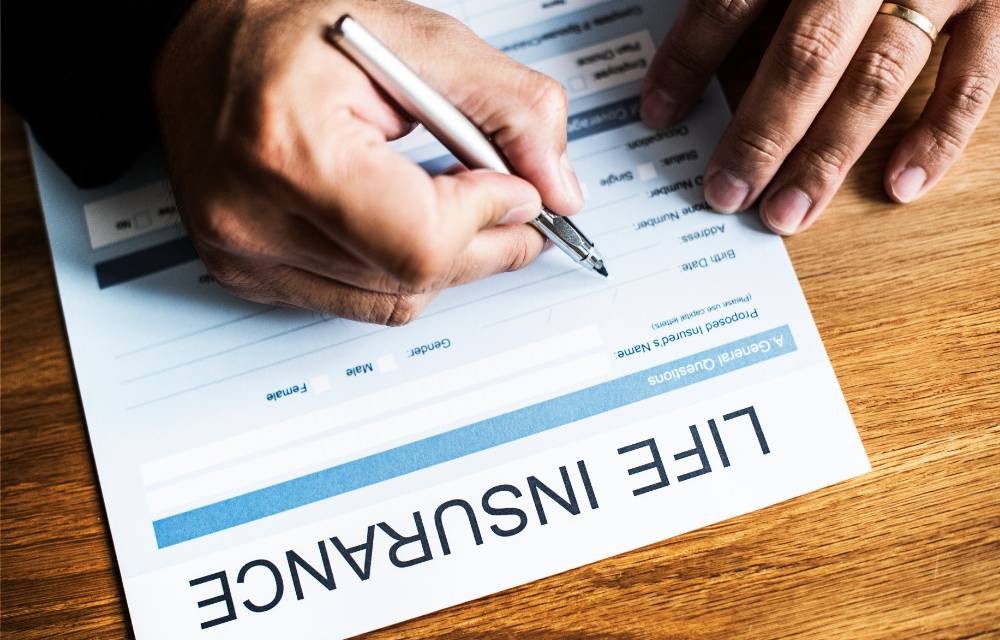
Used Car Insurance: The Importance of Insuring Post-Purchase
TABLE OF CONTENTS
Questions Answered:
How long do you have to get insurance after buying a used car?
Will an auto lender accept my existing coverage under the grace period?
So, you’re wondering how long you have to get insurance after buying a used car. Here’s a true story to illustrate the answer: A friend of mine sold a used car to someone who promptly blew up the engine driving it home.
The buyer had not secured insurance yet and tried to recoup his money from the seller, arguing (among other things) that he didn’t legally own the car yet. While it was true that he hadn’t transferred the title into his name, his argument failed. The car became his responsibility as soon as he signed the bill of sale. And that means he should have insured it before he got behind the wheel.
The takeaway? You need to secure car insurance on your used car after you hand over the money, but before you drive away.
KEY TAKEAWAYS
- 1
In most states, it’s illegal to drive a car without insurance.
- 2
You only have a car insurance grace period if you have existing auto insurance on another vehicle.
- 3
A private-party seller won’t ask you for car insurance before you drive away — but you need the coverage anyway.
About the car insurance grace period
There is a car insurance grace period that may help with the timing of your insurance, but the concept is sometimes misunderstood. To be clear, your state DMV has no car insurance grace period. If your state requires car insurance, it’s illegal to drive without it, period. That applies whether you’ve owned the car for 10 years or 10 seconds.
Caveats of car insurance grace periods when buying cars
This should be evident, but do not forget to add the car to your policy before the grace period expires. You don’t want to drive without insurance, even by accident. And if you financed the car, your lender may buy coverage and bill you for it. This will be what’s called lender-placed or forced-placed insurance, and it’s not the type of coverage you want to keep. It only protects the lender if you wreck the car or someone steals it; lender-placed insurance does not protect you. It may not even be sufficient to meet your state’s minimum insurance requirements.2
Finally, here’s the most important thing to know about the car insurance grace period. If you don’t already have car insurance on another vehicle, you have no grace period when buying a new one. In that case, you must obtain insurance before you drive the car. Timing this can be tricky, for obvious reasons. You don’t want to pay for the insurance until you’re certain about buying the car. But once you officially buy the car, you need the insurance immediately.
Timing your new car insurance policy when you have no grace period
If you don’t have car insurance today, start shopping around for rates and reviewing insurers’ customer service records well before you buy the car. You may not know exactly what car you’re buying at that point but take your best guess and adjust the details later. Choose your preferred provider and complete as much of the insurance set-up as you can, just short of paying for it. If you’re working through an agent or broker, plan on finalizing your car purchase during business hours. That way, you can immediately call the agent and initiate your coverage. Alternatively, you can use an insurer that allows you to initiate and pay for your coverage online, at any time of day.
If your insurer offers an app, download that ahead of time too. Ideally, you’d secure your coverage on the spot and immediately get access to your policy via the app. That way, you’ll have proof of coverage and the contact information for filing claims. Otherwise, ask your agent for those details, or screenshot the information as you are buying the coverage online. Your proof of coverage needs to show the name of the insurer, the start and end dates of the policy, the policy number, your vehicle information, and your name.
Insuring a used car when buying from a dealer
A car dealer won’t allow you to drive a used car off the lot without proof of insurance. If you already have insurance, great. Show your current ID cards; your dealer will verify that the car is covered under that policy by the grace period. When you get home, call your insurer and add the car to your policy.
If you have no insurance currently, use the dealership’s Wi-Fi to finalize your coverage. You can usually email your ID cards to your contact at the dealership. Ask that person to print out a copy for you to place inside the vehicle as well.
The lender’s insurance requirements
Your lender, if you have one, will also require proof of insurance. Not only that, but the lender will be particular about the level of coverage you carry. You can’t get away with the minimum, state-mandated liability insurance; you will need comprehensive and collision, too. This could catch you by surprise if you intend to use your policy’s grace period to drive off the lot. The grace period doesn’t add new lines of coverage. If your current policy has only liability, for example, your lender won’t accept it.
In that case, you can proceed as if you have no coverage at all. Ask your current insurance provider to quote the coverages you need, but also shop around so you know you’re getting the best rates. Once you finalize the car purchase, call your agent or jump online and pay for your full coverage policy. Get proof of insurance, show it to your lender, and stash a copy in your car.
Insuring a used car you purchase from a private party
When you buy a used car from a private party, the seller probably won’t ask for proof of insurance. Again, if you already have an existing insurance policy, you should be fine to drive the car home and then add the car to your policy over the next few days.
For more, see: Car insurance considerations when buying a new vehicle
- Is there a new car grace period for insurance? (2021, January 28). Retrieved January 28, 2021, from https://www.thezebra.com/auto-insurance/coverage/new-car-grace-period-insurance/
- Archambault, S. (2020, November 19). What Is force-placed insurance & what does It cover? Retrieved January 28, 2021, from https://www.creditkarma.com/auto/i/force-placed-insurance
TABLE OF CONTENTS


Trying to find the best insurance?
We'll help you find the policy that offers the best value for your situation.
Further Reading

Navigating the Digital Insurance Landscape Considerations
A look at the immense value and high customer lifetime potential within the insurance sector.
Read article

When is Term Life Insurance Worth it?
Decide if term life's advantages are worth it: compare whole vs term life insurance, assess top term providers, and delve into in-depth reviews.
Read article

Insurance Binder: Bridging Between Coverage and Confirmation
From car loans to rental properties, insurance binders are required in a variety of situations. Discover the ins and outs of these essential documents.
Read article

Haven Life Review: Providing Prudent and Protective Policies
Uncover the benefits and drawbacks of Haven Life's term insurance policies, along with eligibility details, pricing, and customer feedback..
Read article
Start Comparing Quotes
Search from our learning center to learn everything from how to easily switch your car insurance to the ins and outs of home insurance.
Fill out just one form and get multiple quotes!


